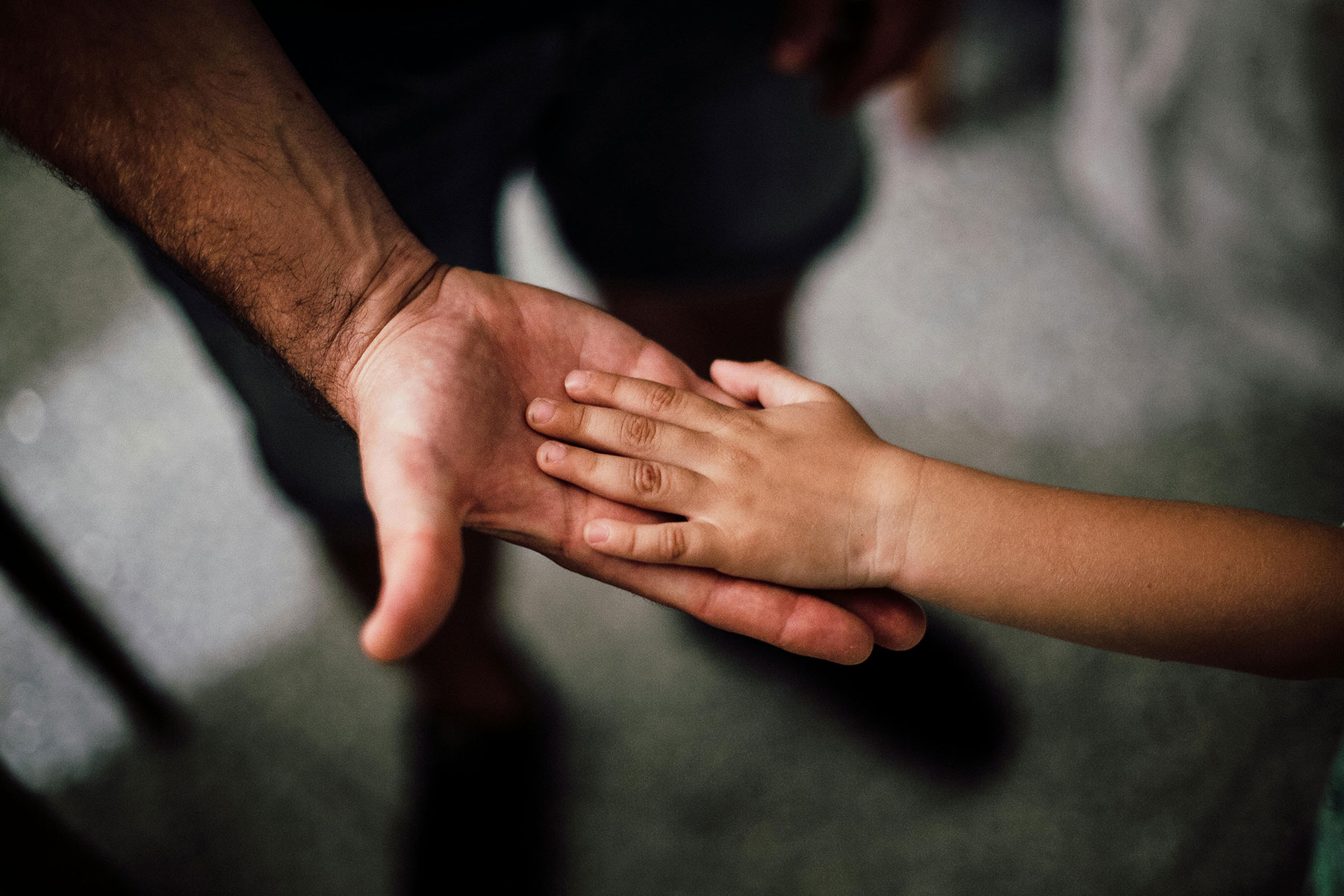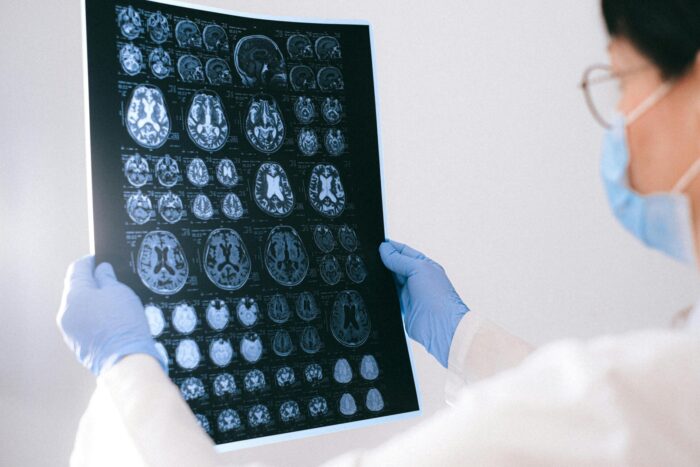
Provided by the Child Mind Institute
In the wake of a traumatic event, your comfort, support and reassurance can make children feel safe, help them manage their fears, guide them through their grief, and help them recover in a healthy way. This guide was assembled by psychiatrists, psychologists and mental health experts who specialize in crisis situations. It offers simple tips on what to expect, what to do and what to look out for. If you or your children require assistance from a mental health professional, do not hesitate to ask a doctor or other health care provider for a recommendation.
Share This Post!
Child-Parent Psychotherapy Resources
By University of California, San Francisco Child-Parent Psychotherapy (CPP) is an intervention model for children aged 0-5 who have experienced at least one traumatic event (e.g. maltreatment, the sudden or traumatic [...]
Caring for Caregivers Experiencing Secondary Trauma
By Heather C. Forkey, MD, Elaine Schulte, MD, MPH, and Luanne Thorndyke, MD Secondary traumatic stress (STS) is the emotional duress caused by indirect exposure to distressing events experienced by others. [...]
How to Talk About Mental Health
By SAMHSA Mental health is essential to a person’s life in the same way as physical health. Hesitation to talk about mental health adds to the notion that the topic is [...]
Prioritizing Minority Mental Health
By CDC Office of Health Equity Mental health matters! Mental health includes our emotional, psychological, and social well-being. It affects how we think, feel, act, handle stress, relate to others, and make [...]
Exploratory Study Associates Childhood Trauma with Brain Features in Abusive Mothers
By University of Fukui As sad as it is, child maltreatment continues to be a prevalent global social issue. Recent studies have revealed that up to one billion children aged 2 [...]
SAMHSA Recognizes Posttraumatic Stress Disorder Awareness Month
By Stacey Owens, M.S.W., LCSW-C, Military and Veterans Affairs Liaison, Center for Mental Health Services Although often associated with combat veterans, Posttraumatic Stress Disorder (PTSD) is a mental health condition that [...]







